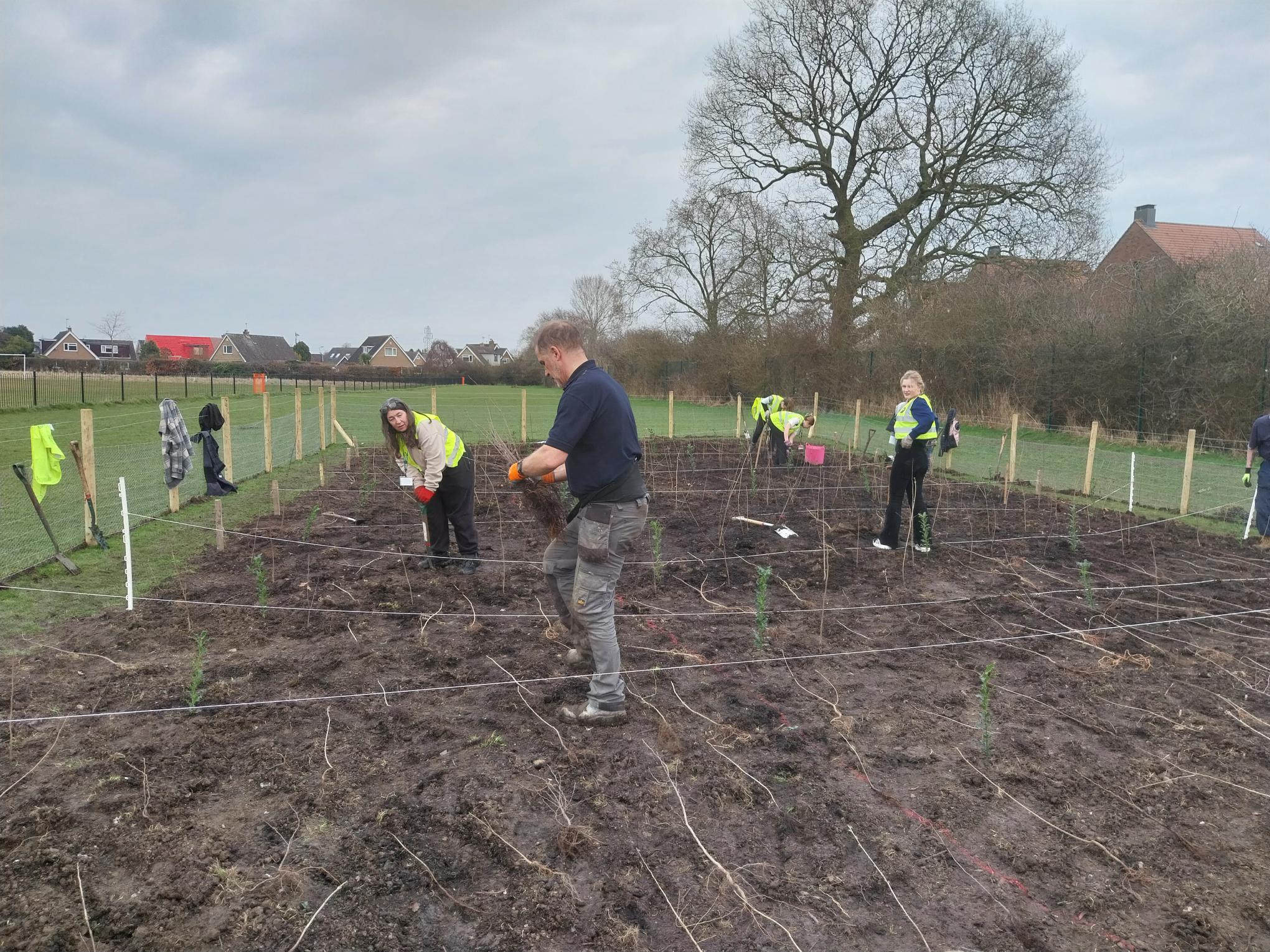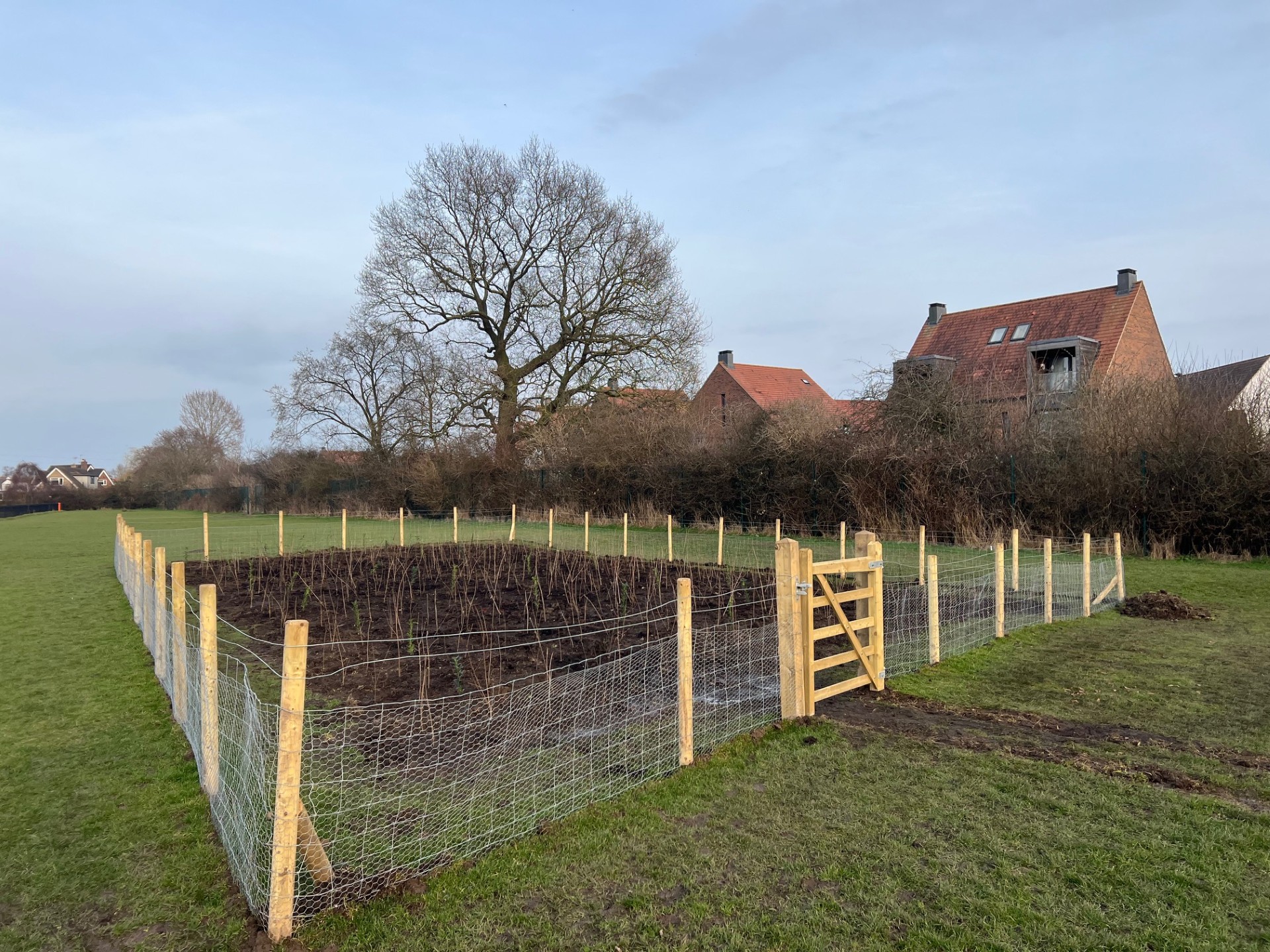Urban Forests: York’s Innovative Approach to Community Greening
In the heart of Yorkshire, a quiet revolution is taking root—quite literally. Groundwork Yorkshire has been pioneering a transformative approach to urban landscaping that promises to reshape how we think about community green spaces, one micro-forest at a time.
Recent collaborative efforts have seen two remarkable sites in York transformed through an innovative planting technique known as a Miyawaki forest, or ‘Micro-wood’. These compact ecological powerhouses represent more than just a gardening project; they’re a testament to community collaboration and environmental stewardship.
The project has been a remarkable partnership spanning multiple Groundwork Yorkshire teams. From the community engagement squad to the landscape design specialists, and even Groundwork Pride, each group has played a crucial role in bringing these green spaces to life. What makes this initiative truly special is its deep-rooted community involvement.
Approximately 160 local school children have been instrumental in this green transformation, working alongside York Council officers to plant two distinct sites—one in Bornholm and another in Rawcliffe. These young environmental champions are not merely spectators but active participants in urban ecological restoration.

Developed by Japanese botanist Dr. Akira Miyawaki, these micro-forests are far from ordinary plantings. They’re meticulously designed ecosystems that compress the complexity of a mature woodland into a compact area. Rich soil, native fungi, diverse shrubs, and a stratified tree canopy come together to create a rapid-growth, high-impact green space.
Scientific research has shown that these micro-woods grow significantly faster than traditional forest plantings. This accelerated development means they can provide critical wildlife habitat and food sources much more quickly. Perhaps even more importantly, they serve as powerful carbon sinks and air purification systems, offering a direct, tangible method of combating climate change at a local level.
As urban areas continue to expand and green spaces become increasingly precious, initiatives like Groundwork Yorkshire’s micro-woods offer a beacon of hope. They demonstrate that with creativity, community engagement, and scientific understanding, we can transform small patches of land into vibrant, living ecosystems.
The York micro-woods are more than just trees in the ground—they’re seeds of environmental education, community resilience, and ecological restoration.

